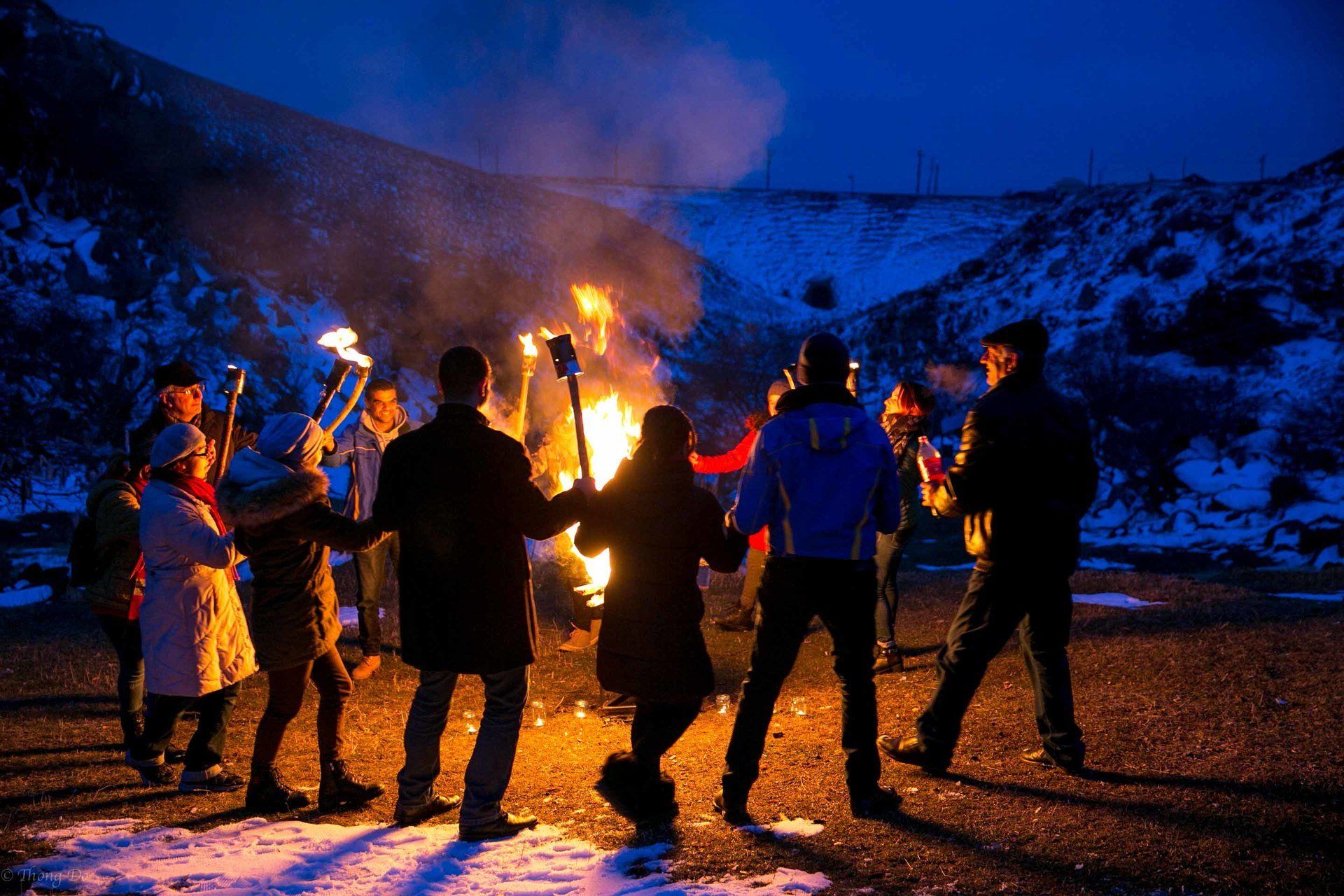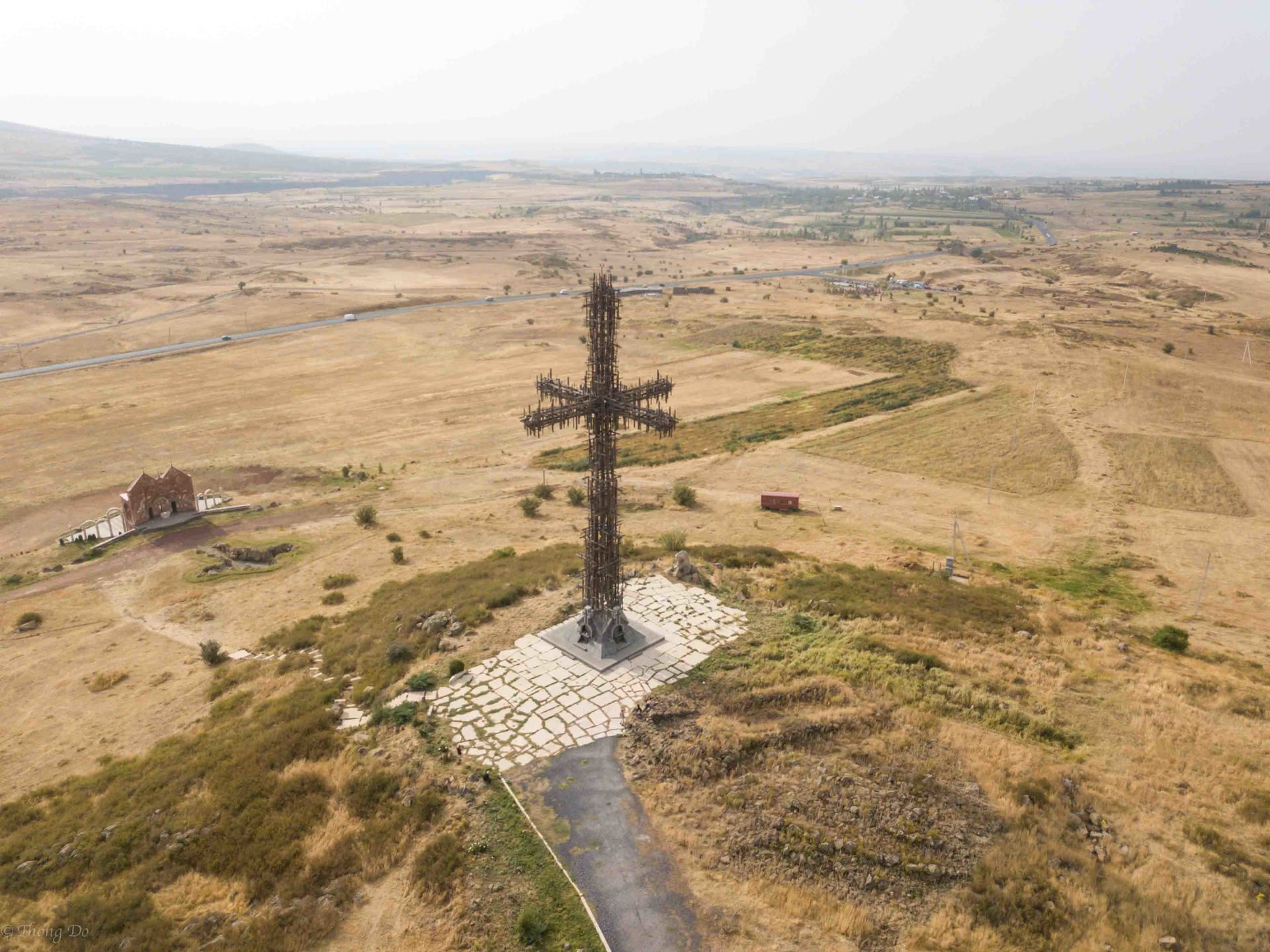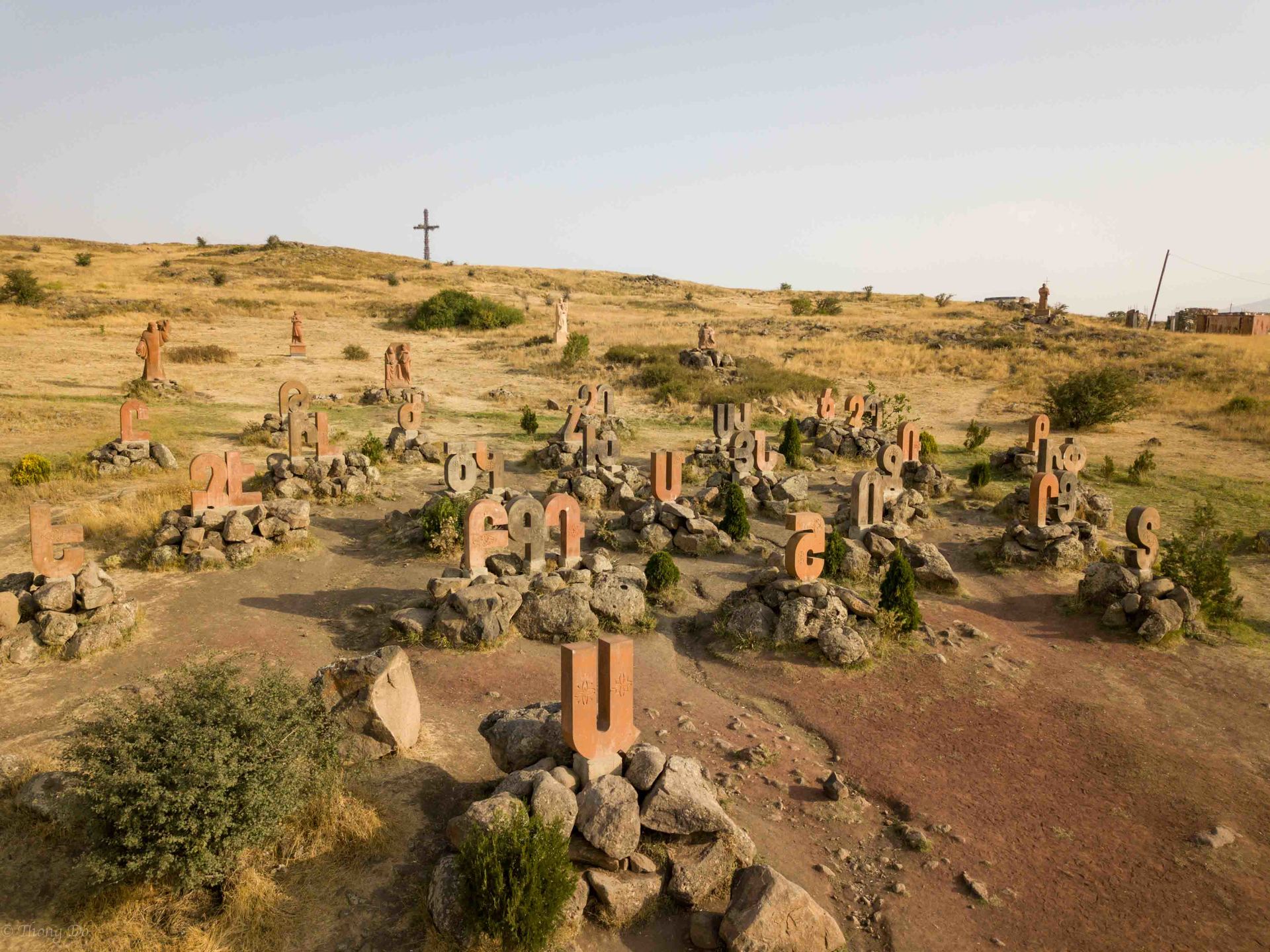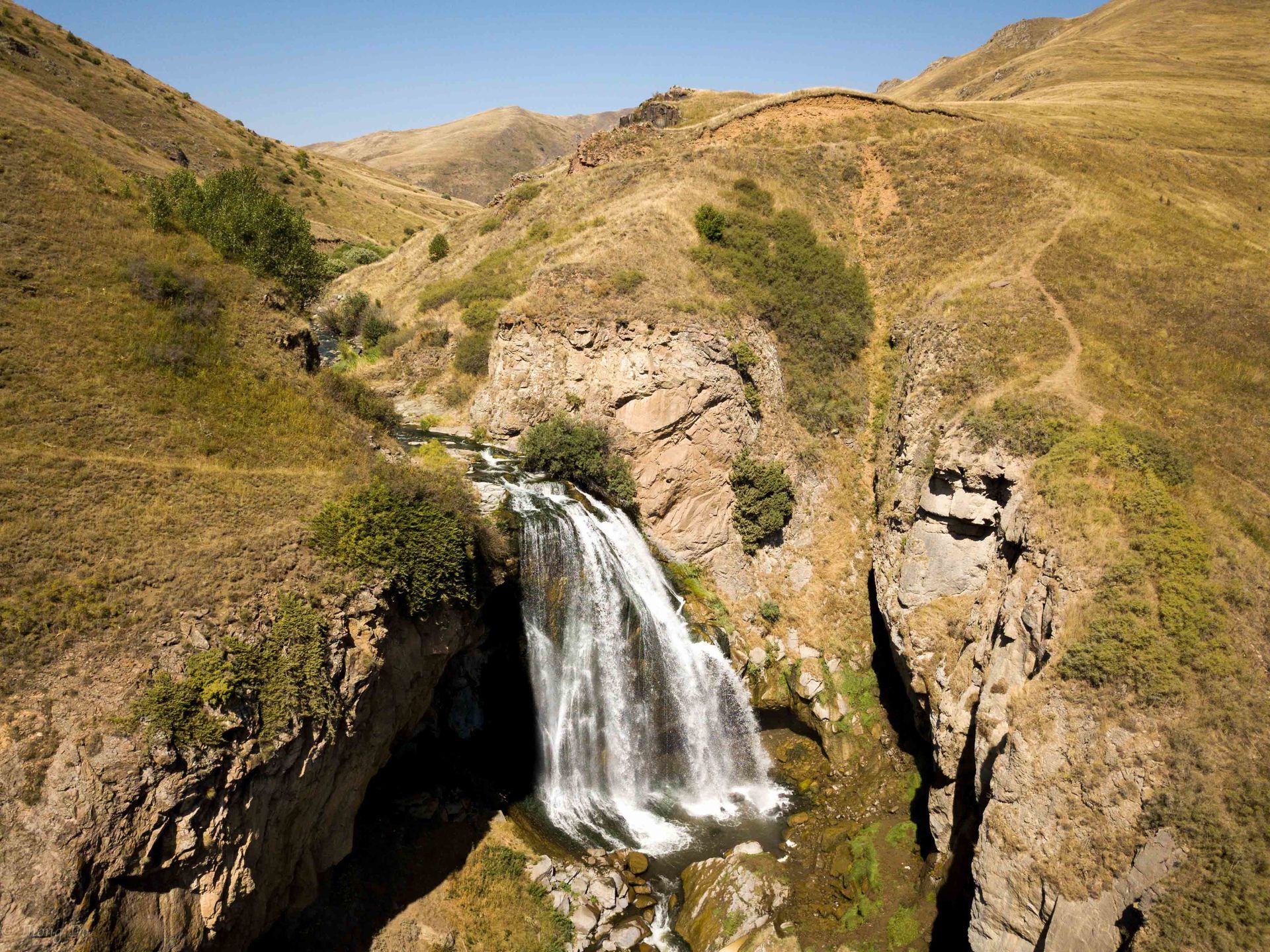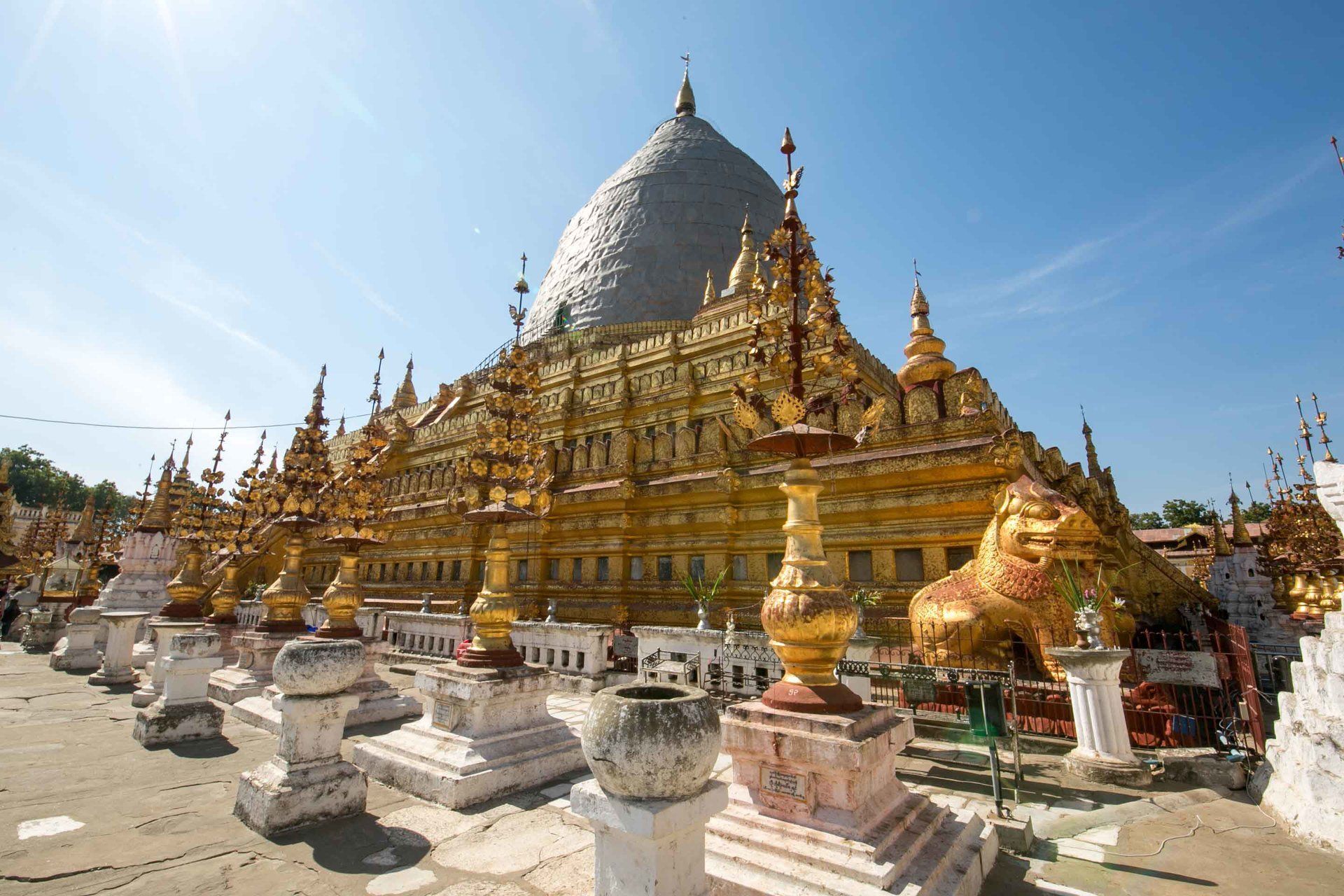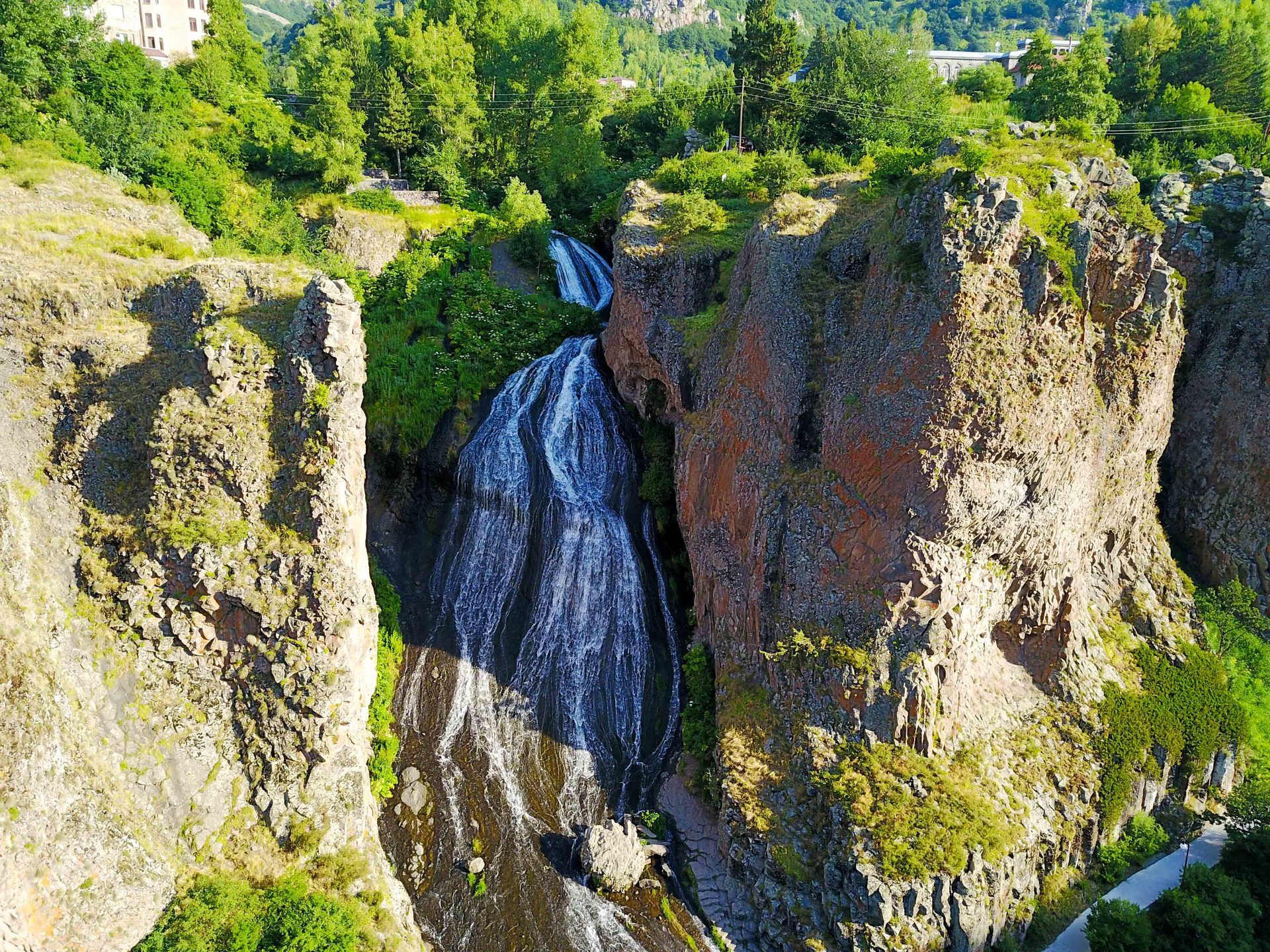Peace Corps 2.0: The halfway point of Pre-Service Training & the Mock Language Proficiency Interview
- By Thong Do
- •
- 15 May, 2016
- •
Pre-Service Training seems like a round the clock workday. 4 hours of language training in the morning, 4 hours of technical training in the afternoon, and the rest is studying and preparing for assignments. The other part of the day you are constantly trying to communicate with the host family and adjust to living in a fishbowl. It’s overwhelming and it seems the foot is always on the gas pedal during this training period. Anxieties usually develop since we all think our language skills are pathetic and we think we will fail the Language Proficiency Interview aka LPI and be sent home.
What Peace Corps does during Pre-Service Training is give a mock LPI at the midpoint of the training period. The LPI consists of sitting down with a certified language instructor and answering questions for about 20 minutes. The instructors are probing us to see if we know how to speak in the present, past, and future tense. They are also trying to assess our vocabulary and pronunciations. There is no pass or fail since it’s only a mock interview but this gives us idea where our strengths and weaknesses are. The actual LPI is at the end of week 9 and the minimum score needed to pass is Novice High. There are three levels: Novice, Intermediate, and Advanced. Within each category, there are sub-categories: Low, Medium, and High. When I was in Romania, my LPI score was Intermediate High and I’m hoping this time I can at least match it.
Quite a few things have happened since I last wrote about what was happening during PST. The armed conflict between Armenia and neighboring Azerbaijan in the Nakorno Karabakh region has stopped and an official ceasefire was signed. The armed conflict that occurred over a month and a half ago was the first of its kind in over a decade. Peace Corps Volunteers are forbidden to go into that region since sniper fire still occurs across the border.
I have also attended 3 host family birthday parties and a dinner commemorating my host grandmother’s one year anniversary since she died. I did not realize how large my host family was until the second week of PST. One day I started seeing a large tent being set up in front of the house. I later realized that the family gathering would be at my host family’s home since this used to be her home. Nearly 90 family members showed up and some came as far as Russia to attend. The preparations were intense and I was all too happy to help where I could by setting up the tent and tables. It was amazing to see because I’m not accustomed to seeing families this large and I felt quite out of place as I greeted so many people who were kind of wondering what I was doing there. The way it started was once all the family members arrived we loaded up in the cars and drove to the nearby cemetery where my host grandmother was buried. The caravan of cars going was up to 16. I’ve already mentioned the ceremonial process in a previous blog and afterwards we headed back to the house to eat.
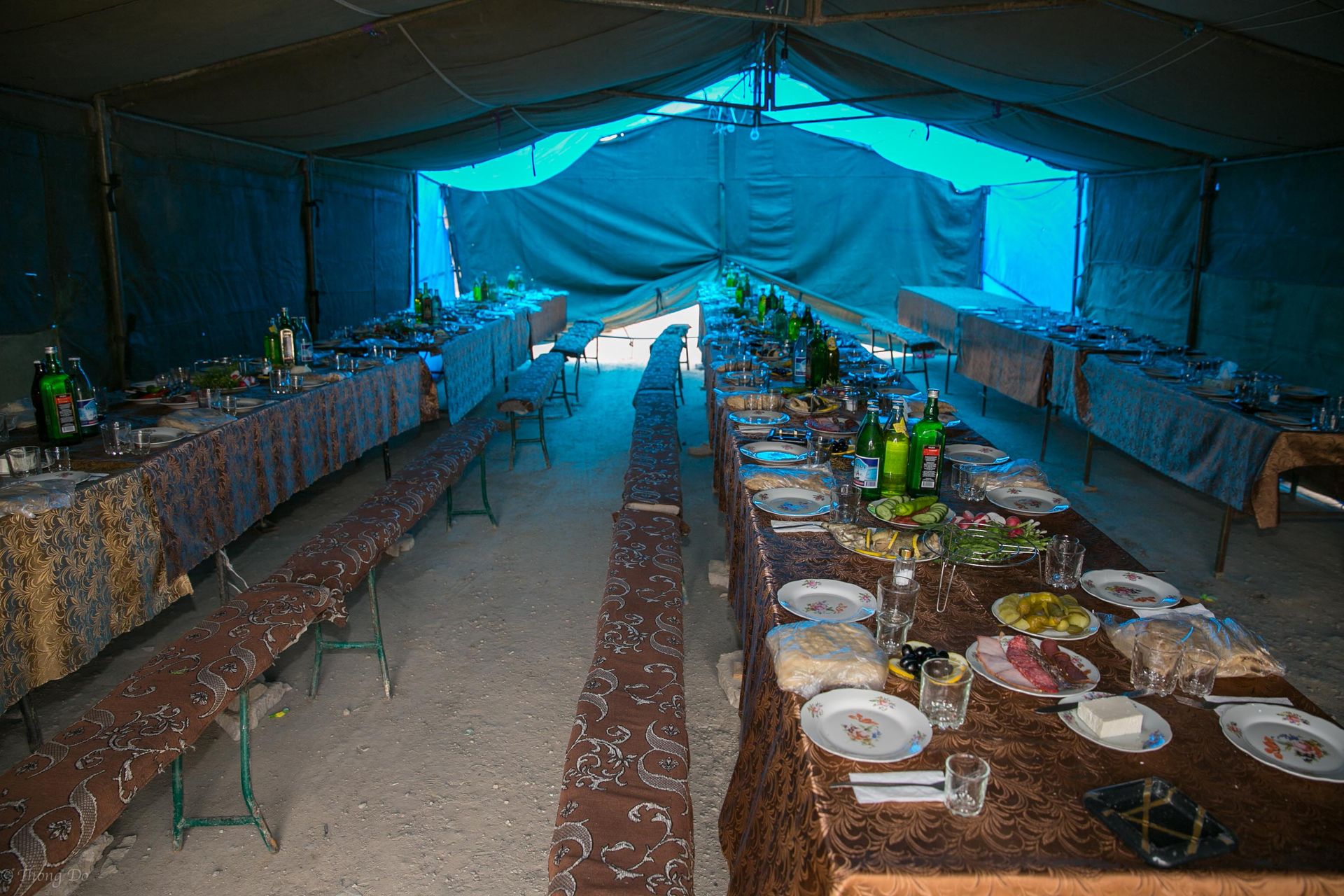
The amount of food and drinks presented was impressive. During the meal, it is mostly quiet until someone stands up and gives a toast and says something nice about the deceased. This random toasting goes on for quite some time and if you’re not careful it’s really easy to get intoxicated. One thing I did notice was that during large family functions that Armenian men and women tend to self-segregate from each other. After the meal, I got a chance to meet two siblings of the deceased grandmother. These two sisters were in their mid 80s and early 90s and I can’t imagine the things they seen and experienced in their lifetime. I first met them during my first week in my village for Easter lunch and this time they allowed me to take a photo of them. As of now, this is my favorite photograph I’ve taken since being in Armenia and hope I can talk to them in further detail about their lives.
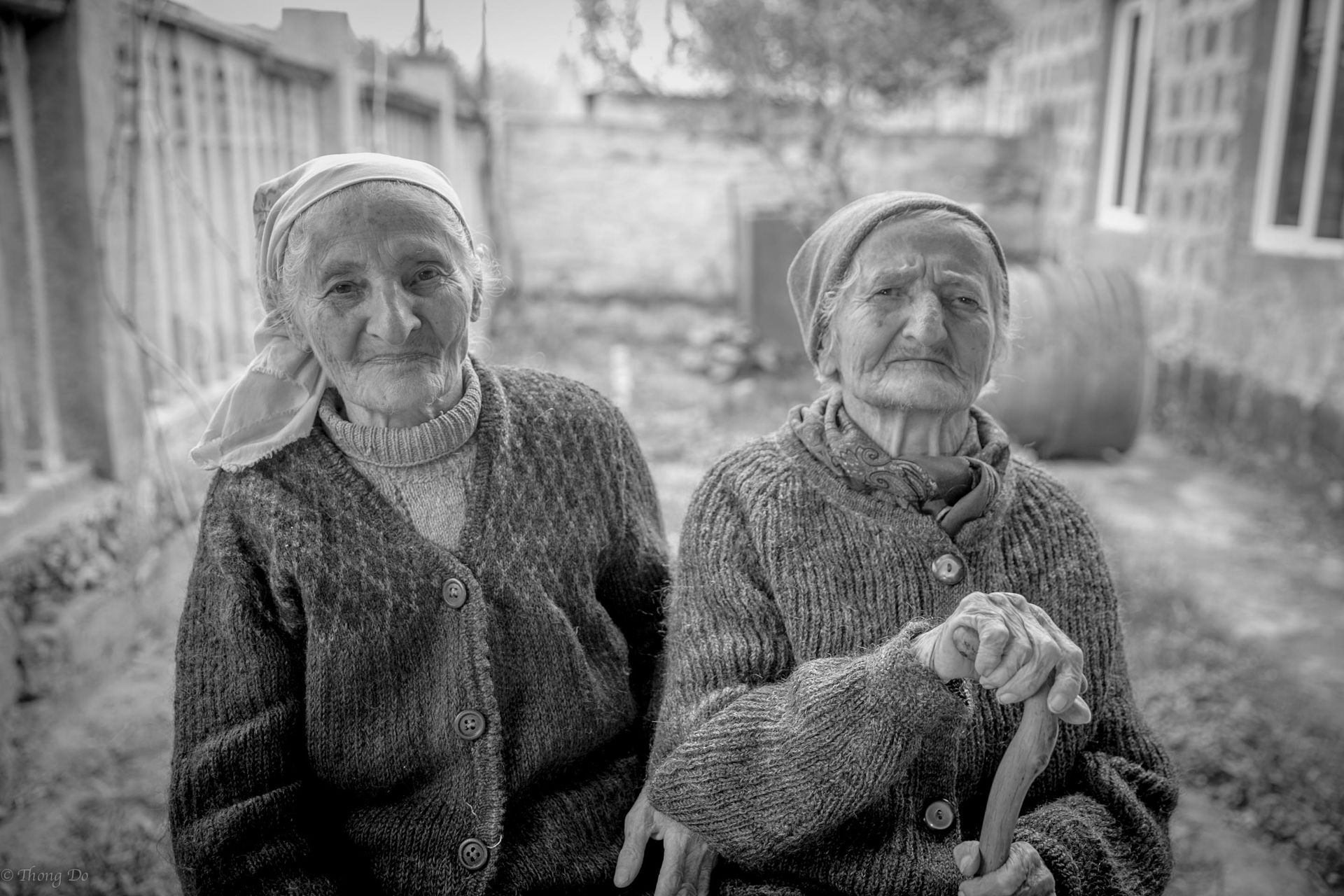
One example of me adjusting to village life was helping my host family prepare a chicken. As I mentioned in a previous blog, my host family raises chickens and every early morning I hear them before my alarm clock goes off. A couple of weeks ago my host family asked me if I’d like to help kill a chicken for dinner. Naturally, I wanted to get revenge on the noise making poultry devil so I agreed. I thought I was going to have a chance to cut the head off of one of the chickens since I was told two would be killed but since the first chicken was so large they decided one was enough.
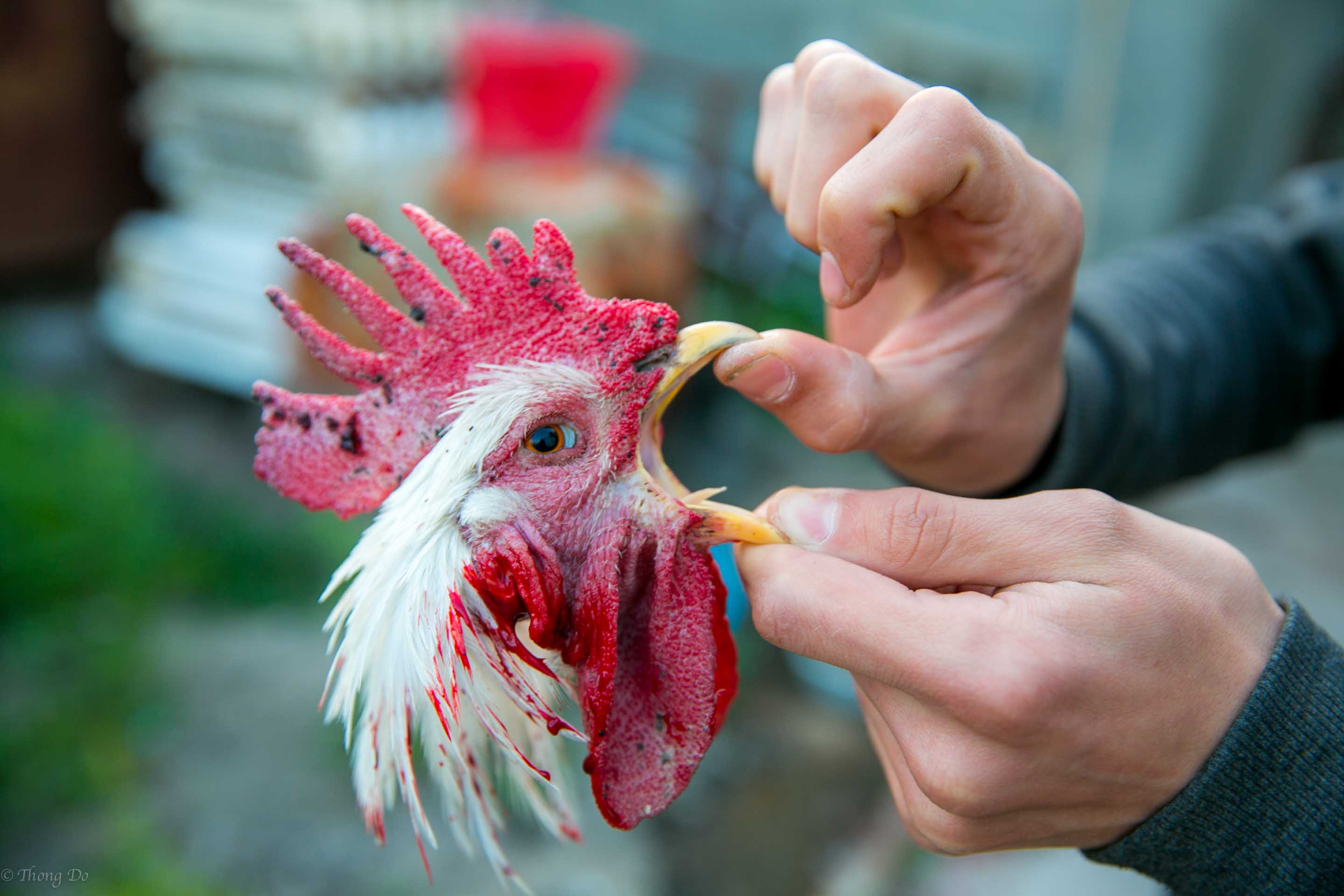
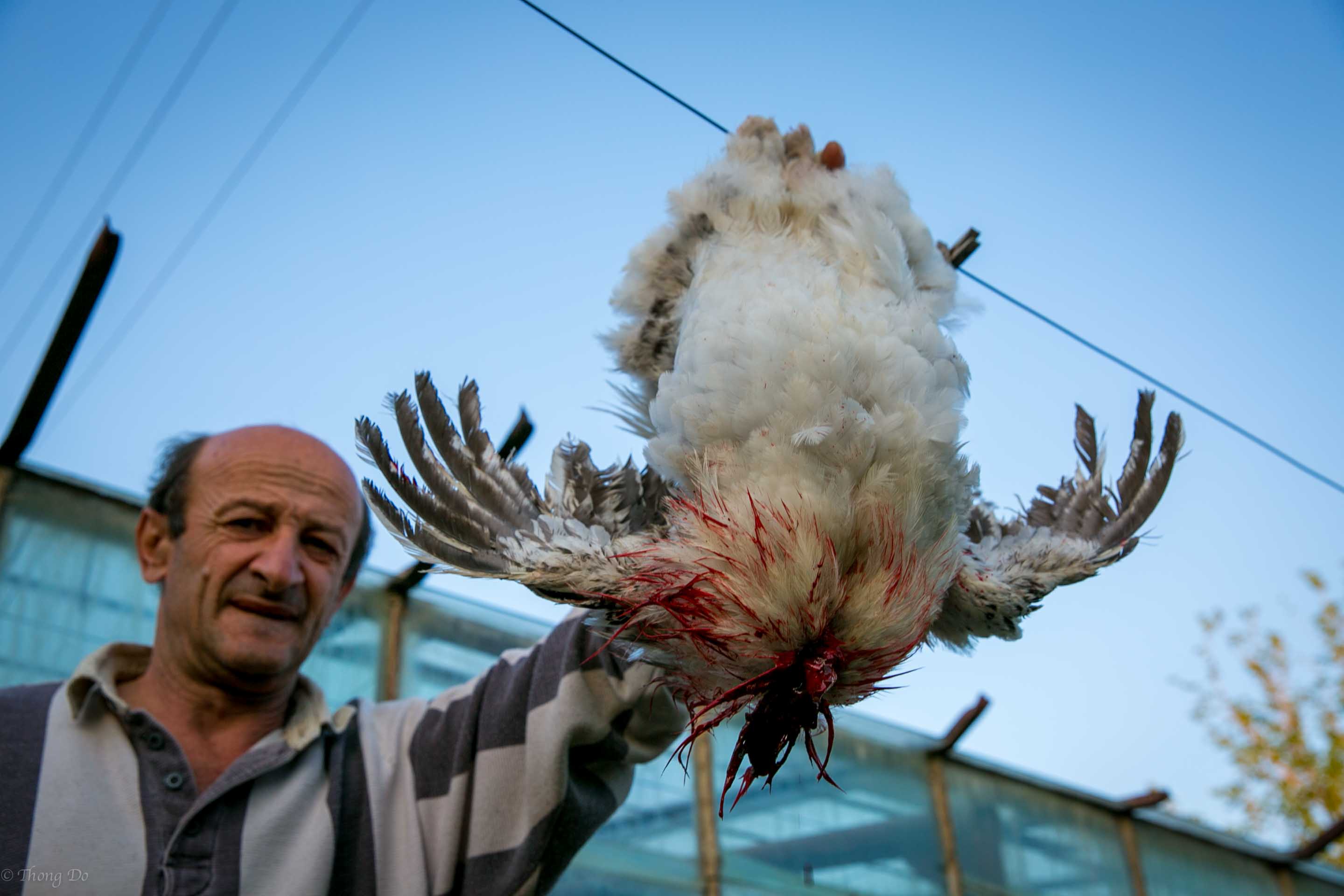
After the head was cut off my host father hung the chicken upside down to let it bleed out. While this was happening, my host mother was boiling a very large pot of water. Once the blood was drained the chicken was thrown into the boiling water. I later learned that this was done to make it easier to remove the feathers. This is where I assisted and it only took us about 10 minutes to unpluck the entire chicken. For whatever reason, I feel that preparing a chicken gave me some cred with my host family since I’m a city boy at heart and getting used to village life has taken some time for me. It was quite a learning experience and I made my host mother promise me to let me do the honors for the next chicken!
And lastly, the other big news with my host family is that my host father left for Moscow. He will return in the fall though. He’s an expert welder and this is his fifth time working abroad in Moscow. Since there is very massive unemployment here in my village as well as the rest of the country many people leave for Russia for seasonal work. Many other Volunteer host families have had relatives leave too. I was very sad to see my host father leave because he’s such a nice guy. He spoke very little English and my Armenian skills were not very good at the time but he was always very sincere when trying to communicate with me and we had no problem sharing a laugh.


